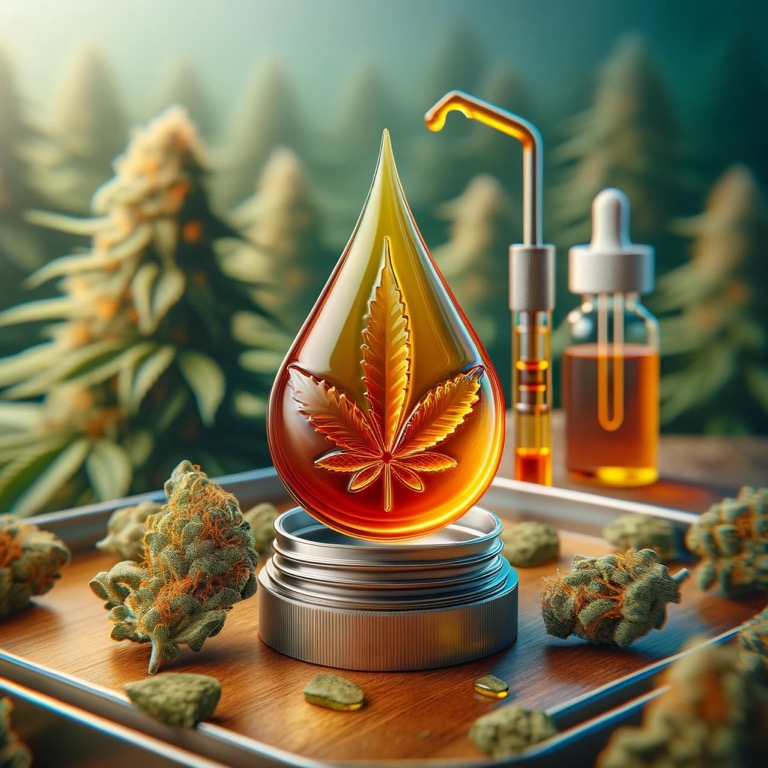THCA FLOWER, Legal
THCA vs THC – Why is it legal?
THCA vs. THC: The Molecular Nuance

The Legal Landscape
The legality of these compounds is where things get intriguing. In the United States, THC is classified as a Schedule I controlled substance, making it illegal under federal law. THCA, however, skirts this classification because it’s non-psychoactive. This allows for a broader range of applications, including medicinal uses, without the legal ramifications that come with THC.
The Magic of Decarboxylation
So, how does THCA transform into THC? Enter decarboxylation, a heat-induced chemical reaction that removes a carboxyl group from THCA, converting it into THC. This process occurs naturally over time but can be expedited through heating, as is commonly done when smoking or vaporizing cannabis. Decarboxylation is also crucial for edibles, where cannabis is often heated in oil or butter to activate the THC.
Why It Matters
Understanding the difference between THCA and THC is more than just a chemistry lesson; it’s essential for consumers and medical patients alike. THCA has its own set of benefits, including anti-inflammatory and neuroprotective properties. Meanwhile, THC offers its own unique advantages, such as pain relief and relaxation. Knowing which compound you’re dealing with can help you tailor your cannabis experience to your specific needs.
In summary, THCA and THC are two distinct cannabinoids with unique properties and legal statuses. THCA is the non-psychoactive precursor to THC and is legal due to its lack of intoxicating effects. The conversion from THCA to THC occurs through decarboxylation, a heat-induced chemical reaction. Understanding these differences is crucial for anyone looking to make informed decisions about their cannabis consumption.
There you have it—a deep dive into the nuanced world of THCA and THC. It’s not just about getting high; it’s about understanding the science that makes it all possible.

